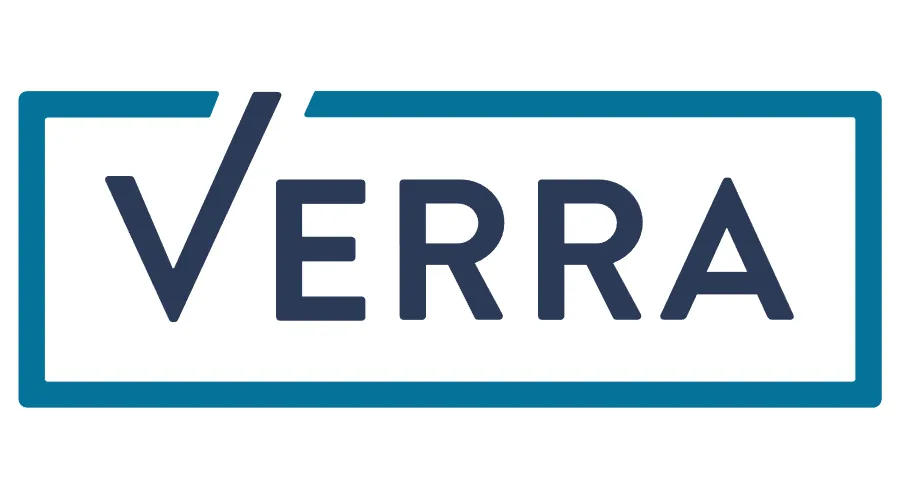
As nations strive to limit emissions and make a significant impact on the global stage, the three crucial pillars—health, defense, and education—often determine their progress. Among these, national defense plays a particularly complex role when it comes to compliance with carbon regulations. The defense sector is a substantial contributor to emissions, making it a focal point in the global discourse on climate action.
With the European Union's Carbon Border Adjustment Mechanism (CBAM) coming into effect, the intersection of defense and climate policy has gained renewed attention. CBAM, a key component of the EU's “Fit for 55 in 2030” initiative, seeks to reduce greenhouse gas emissions by at least 55% by 2030, compared to 1990 levels. The mechanism ensures that imported goods are subject to the same carbon costs as those produced within the EU, preventing carbon-intensive imports from undermining climate goals.
However, the defense sector's significant emission footprint has led to pushback against CBAM at the World Trade Organisation (WTO). As nation grapple with the complexities of aligning defense priorities with stringent carbon regulations, CBAM stands as a pivotal test case in the global effort to balance environmental responsibility with national security.
The obligation to accurately report emissions data under CBAM presents significant challenges for the Defence & Security sector. This industry relies heavily on specialized components and materials, such as iron, steel, and aluminium, often sourced from a global network of suppliers. The collection of reliable emissions data is complicated by the sector's stringent confidentiality requirements and the proprietary nature of many defense-related products, making it difficult to obtain detailed emissions information from suppliers.
Moreover, many defense suppliers may lack the systems necessary to accurately track and report emissions data, further complicating compliance efforts for importers within the defense industry. This complexity underscores the difficulties faced by the sector in aligning with CBAM's rigorous reporting requirements.
The CBAM system, set to take effect in 2026, is not just a mechanism for aligning with the EU's decarbonization goals but also a catalyst for global change. Companies exporting to the EU must familiarize themselves with reporting requirements and ensure they can accurately access and report emissions data. To navigate the complexities of the defence industry, it's crucial to develop a comprehensive compliance strategy that minimizes legal risks while aligning with operational realities. This includes interpreting CBAM regulations specifically within the defence sector, advising on the applicability of default emissions values, and planning for a seamless transition to full compliance post-2025.
Another critical aspect involves negotiating and drafting supplier agreements that incorporate provisions for emissions reporting, ensuring that all contracts are fully aligned with CBAM requirements. This will include addressing the legal aspects of data sharing and confidentiality.
Companies must also prepare accurate and compliant CBAM reports, which involves meticulously documenting emissions data, using default values where necessary, and ensuring all reporting obligations are met efficiently and on time.
As Indian defense companies and others exporting to the EU grapple with CBAM,
Sustainiam emerges as a solution. Our comprehensive tools and expertise are designed to streamline compliance, mitigate legal risks, and foster financial growth. By offering detailed carbon reporting, we enable you to monitor and enhance supply chain and internal processes, improving overall efficiency and achieving significant carbon savings. Sustainiam ensures your business not only meets CBAM requirements but also thrives in this new regulatory landscape. With Sustainiam’s support, you can transform the challenge of CBAM into an opportunity for growth, reinforcing your role in the nation’s pillars of health, defense, and education while contributing to a sustainable future.
As CBAM reshapes the global defense landscape, how will your company rise to the challenge? The path forward is clear—embrace the change with Sustainiam’s expertise and be a part of the solution for a better tomorrow.













